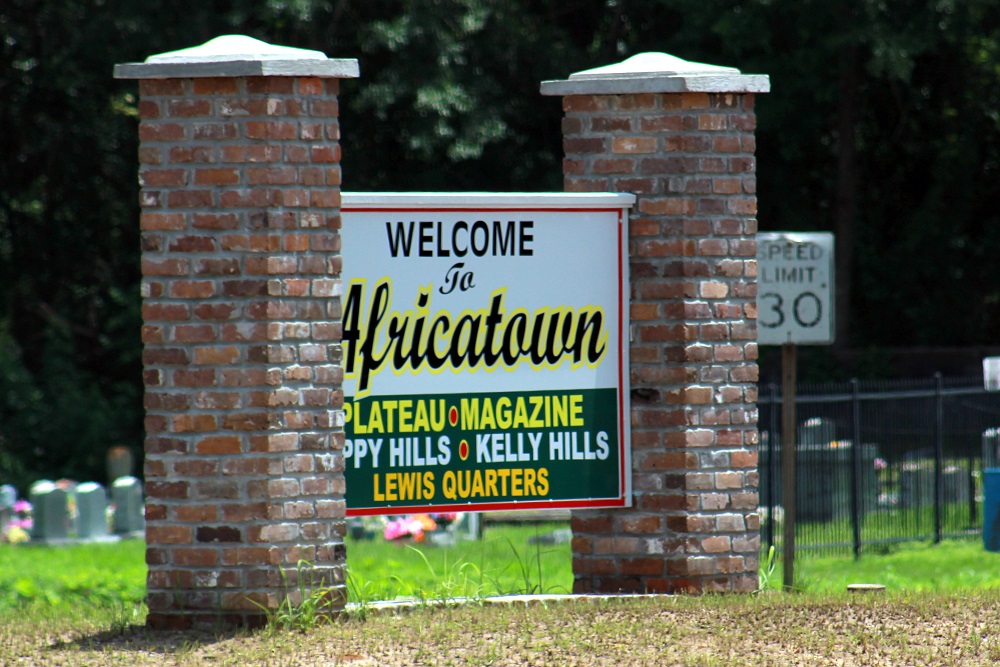In 2019, the Alabama Historical Commission made a great announcement. Its researchers said that a wrecked ship found off the Gulf Coast in Mobile, Alabama is the Clotilda, the last known slave ship to arrive from Africa to the United States.
The ship illegally carried 110 people from present-day Benin to the shores of Mobile from February to July 1860, disregarding the 1808 U.S. law that banned the import of enslaved Africans. According to the Commission, the prisoners were among the last known Africans destined for a life in captivity.
Three years after the researchers unveiled their discovery to the community of Africatown, they are working to turn the city into a tourist destination, where the story of the Clotilda can be told by them, BBC said.
Located three miles north of downtown Mobile, Africatown was founded by 32 of the Clotilda survivors. Its original settlers developed their own community to retain their African traditions with local entrepreneurship, such as barbershops and stores. They raised cattle and farmed the land. Africatown also had its own churches and a public school. It is known as one of the first towns in the U.S. established by African Americans.
Now, over 160 years after the ship sank, the descendants of the Clotilda’s original survivors want to give due respect and justice to the memory of those who suffered the historical passage of brutality that persisted for over 300 years in the U.S.
“It’s crazy to think they would have sailed right past here,” Darron Patterson told BBC close to Mobile River, the place where the Clotilda sank. He is the president of the Clotilda Descendants Association and great-great-grandson of Kupollee, later renamed Pollee Allen, one of the 110 men, women, and children brought from Benin to the U.S.
As BBC reported, the Clotilda was under the charge of Captain William Foster. The vessel entered Mobile Bay on July 9. It was a distinctive-looking schooner made from white oak frames and southern yellow pine planking to conceal the evidence of the crime. However, the vessel was set ablaze and scuttled to the depths of the swampy Mobile River, where it lay concealed beneath the water.
Along with the necessity of educating people about this important piece of history, the descendants of the Clotilda survivors are also hoping to see financial gains for the community through tourism, allowing it to face its current economic hurdles. With the announcement of the discovery of the last known slave ship to the U.S., several public and private sectors have begun work for Africatown’s revitalization, including the Africatown Redevelopment Corporation.
“Added to this is a $3.6 million payout from a BP oil spill settlement that has been earmarked for the long-awaited rebuilding of the Africatown Welcome Center, which was swept away in 2005 by Hurricane Katrina,” BBC said.
The community is currently building a museum that will include a gallery of West African artifacts, as well as salvaged sections of the Clotilda, presented in preservation tanks.
Patterson told BBC that further regeneration projects on the horizon include a footbridge connecting the two areas of Africatown currently divided by the freeway. Water tours taking visitors close to the shipwreck site are scheduled to launch in spring 2022, and a few local residents ahead of the curve are offering walking tours of Africatown.
“This is about more than bricks and mortar, it’s ultimately about the growth of our souls. Finding the ship has finally validated our truth,” Patterson concluded.
Related: Descendants Of The First Enslaved Africans Travel From Virginia To Angola To Connect With Ancestors





